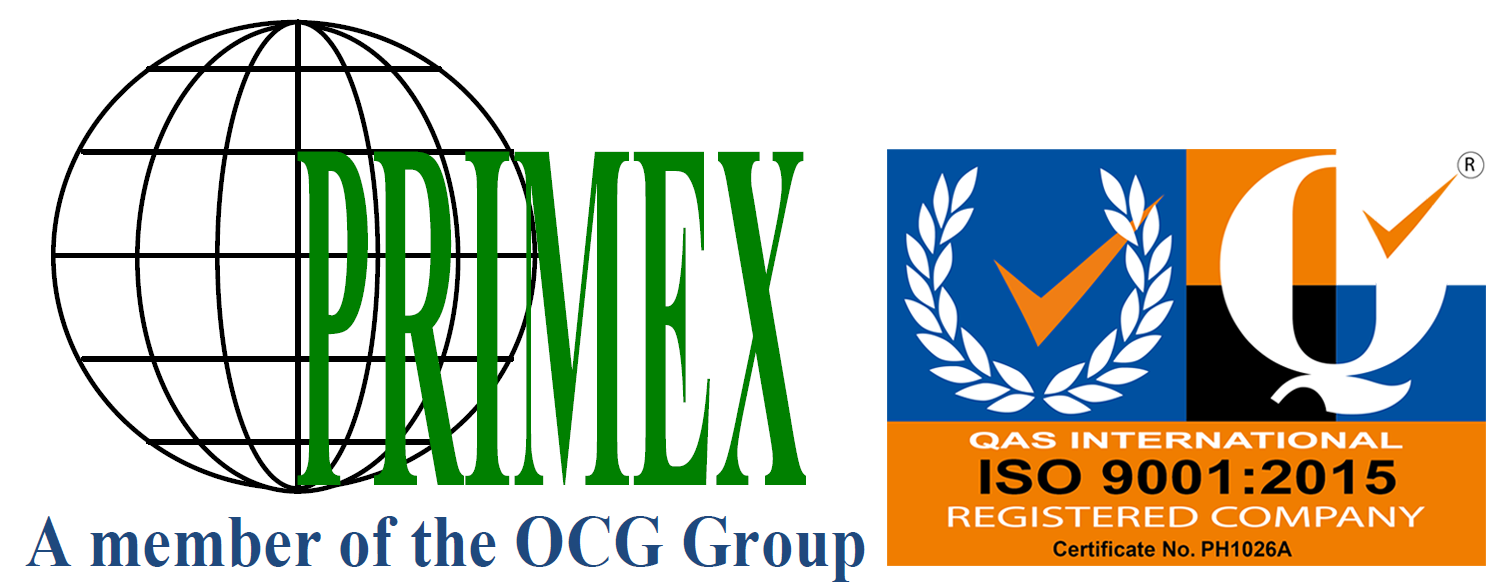Name of Client:
Asian Development Bank (ADB)
Countries:
Philippines, Indonesia, Brunei Darussalam, and Malaysia
Length of Consultancy Assignment:
Start Date: 1 May 2010
Completion Date: 30 September 2010
Detailed Narrative Description of Project:
The proposed capacity development technical assistance (CDTA), for funding by the Global Environment Facility (GEF) and the Japan Fund for Poverty Reduction (JFPR), was envisioned to contribute to the impact of sustainable use of forest resources in the Indonesian Heart of Borneo (HOB) by strengthening the management capacity of the government in natural resources management, as measured by: (i) expanded forest cover; (ii) increased proportion of timber produced from sustainable tree plantations relative to the volume sourced from wild stock; and (iii) increased rate of carbon sequestration. The outcome of the CDTA is improved management of natural resources in the Indonesian HOB as reflected by the following indicators: (i) additional one million hectares of protected area established; (ii) strengthened capacity for sustainable forest and biodiversity management at the national, provincial, and district HOB working groups as reflected by greater coordination and cooperation among levels; and (iii) completed forest protection plans in four districts.
PRIMEX provided the services of a Team Leader/Project Economist for the design of the HOB Project, who managed the overall preparation of the project and facilitated the inputs of other team members during the project design phase. More specifically, he: (i) provided leadership in the design of the TA and prepared the project documents and related papers in close cooperation with various stakeholders and partners; (ii) conducted consultations with key stakeholders on the priority needs in Indonesia, focusing on East, West, and Central Kalimantan; (iii) reviewed lessons learned and best practices from protected area and sustainable forest management, climate change, forestry projects, and sustainable financing in Indonesia and elsewhere to guide project design; (iv) coordinated and designed workshops in conjunction with the HOB national working group in Jakarta and with stakeholders in the three Kalimantan provinces and identified the objectives, scope, and principal activities of the proposed project, within the context of the Indonesia HOB National Strategic Plan of Action; (v) reviewed the work plans for HOB by non-government organizations (NGOs), bilateral agencies, and other projects and discussed with NGOs and proponents of other projects how to link their activities with the planned project design; (vi) wrote the Concept Paper for ADB-GEF-JFPR financing of the proposed project; (vii) finalized the overall design of the HOB project, building on the approved PIF and in consultation with other team members, ADB staff, and GEF representatives, including the national GEF focal point; (viii) In conjunction with ADB staff, discussed with potential donors, partners, and the Government of Indonesia the extent to which each party is prepared to commit funds to the project; (ix) prepared the ADB Design and Monitoring Framework and GEF Monitoring and Evaluation System for the project and reach an agreement with stakeholders on the appropriate indicators and a results-based monitoring system; (x) in conjunction with other team members, prepared the draft GEF Chief Executive Officer (CEO) endorsement document and the ADB Technical Assistance Paper, according to GEF and ADB guidelines; (xi) reviewed and finalized the outputs of the national consultants, particularly those that will form part of the ADB and GEF documentation requirements; (xii) reviewed the outputs of the national consultants as they related to the overall project deliverables; (xiii) detailed the estimated project costs by location and activity, in accordance with standard ADB procedures; (xiv) used the latest available information on valuation of economic benefits of ecosystem services, estimating the project benefits from both financial and economic perspectives; (xv) calculated the applicable economic and financial rates of return of the project components and overall project, using acceptable estimates of social discount rates; (xvi) estimated the cost-effectiveness of the project following GEF guidelines; (xvii) explored existing and future sustainable financing options, including payment for ecosystem services, climate change financing, donor and private sector funding, and national and local government financing; (xviii) formulated appropriate financial mechanisms for addressing poverty alleviation in pilot project areas, including sustainable livelihoods, payment for ecosystem services, REDD and other innovative mechanisms; (xix) developed a financing plan for project implementation, including agreed/committed contributions from ADB, GEF and other sources of financing, such as the private sector, other NGOs, bilateral agencies, etc.; (xx) prepared sections of the project document regarding financial and economic aspects, in accordance with ADB, GEF, JFPR format requirements; and (xxi) responded to review comments and revised the ADB and GEF project documents to accommodate the necessary changes.
